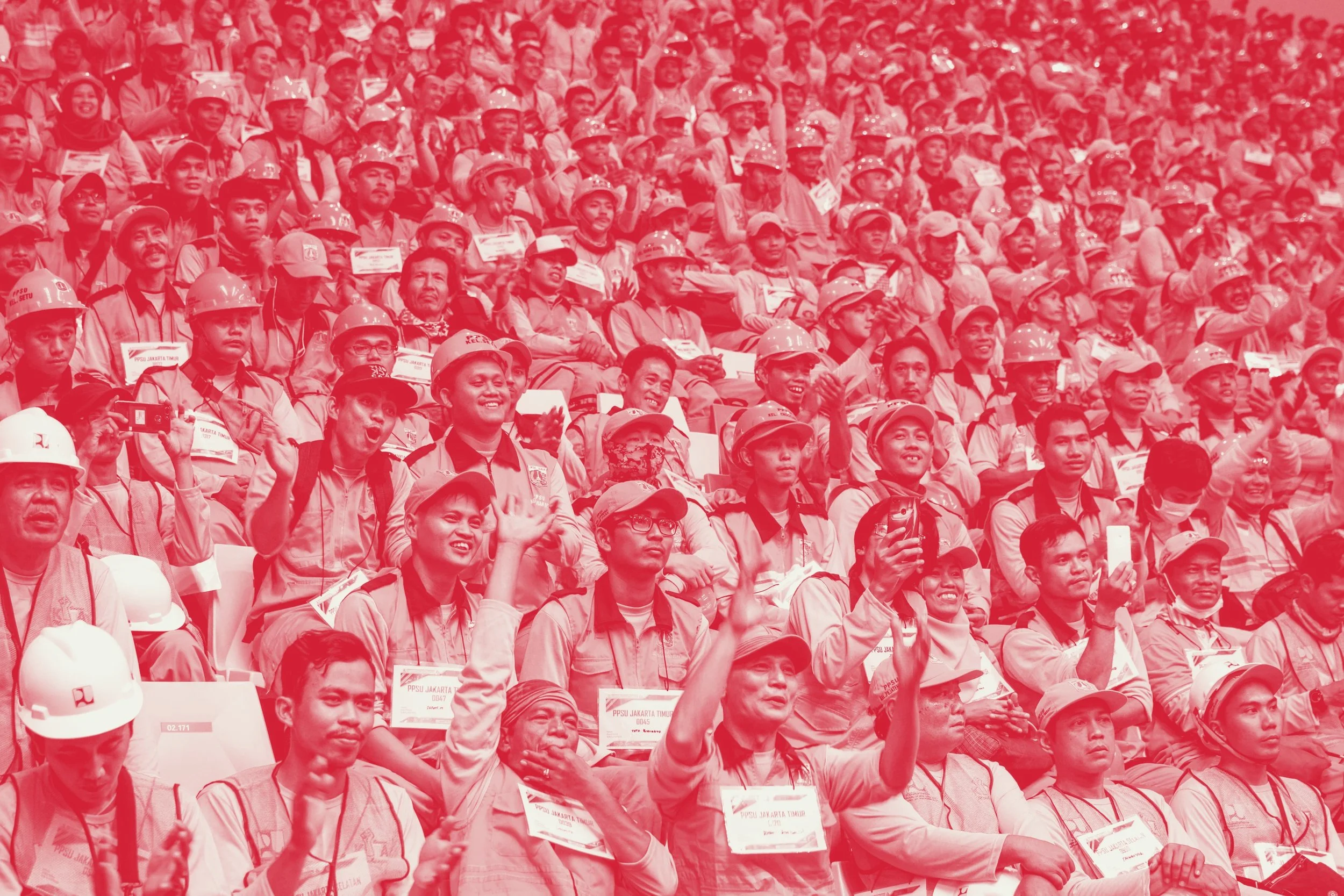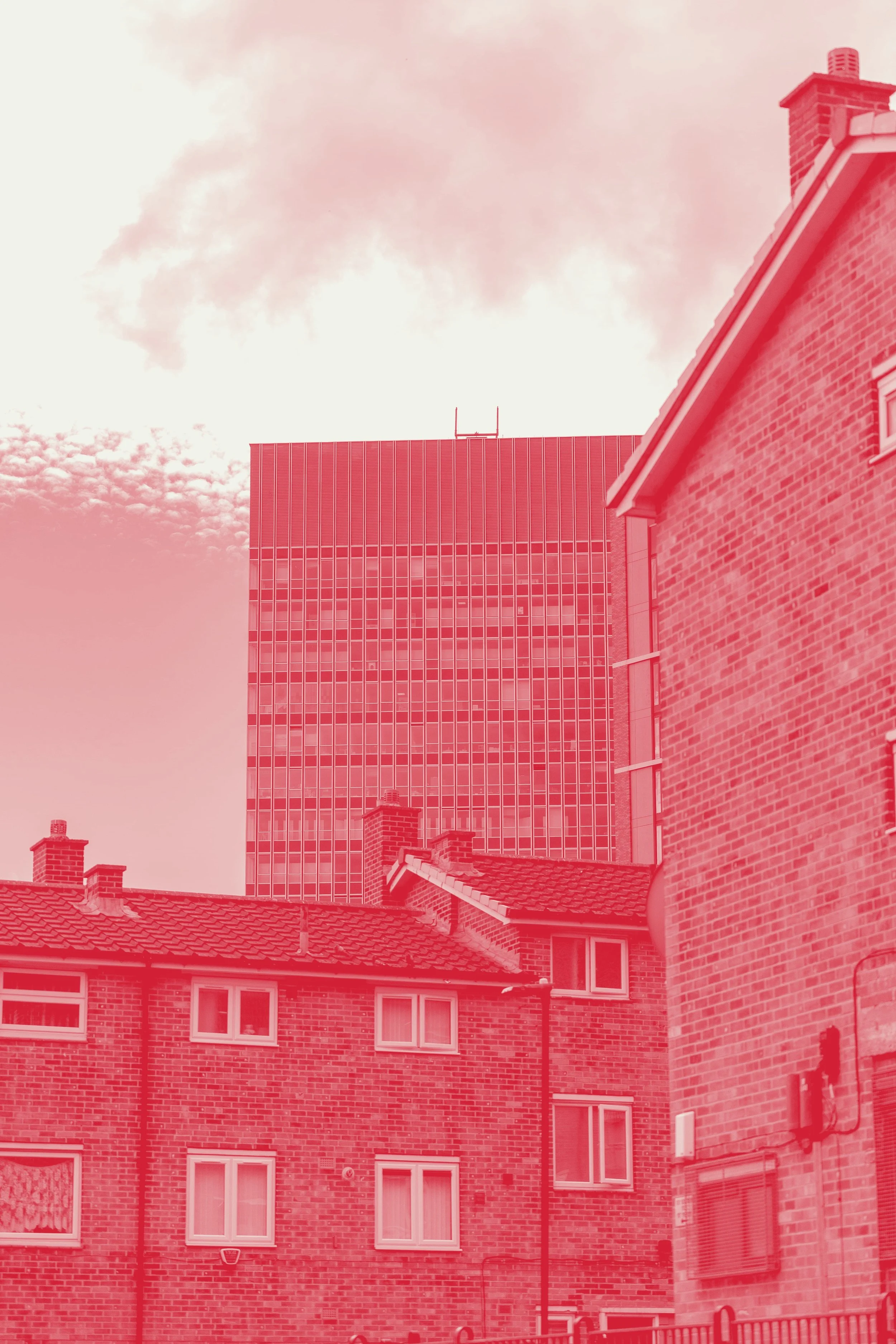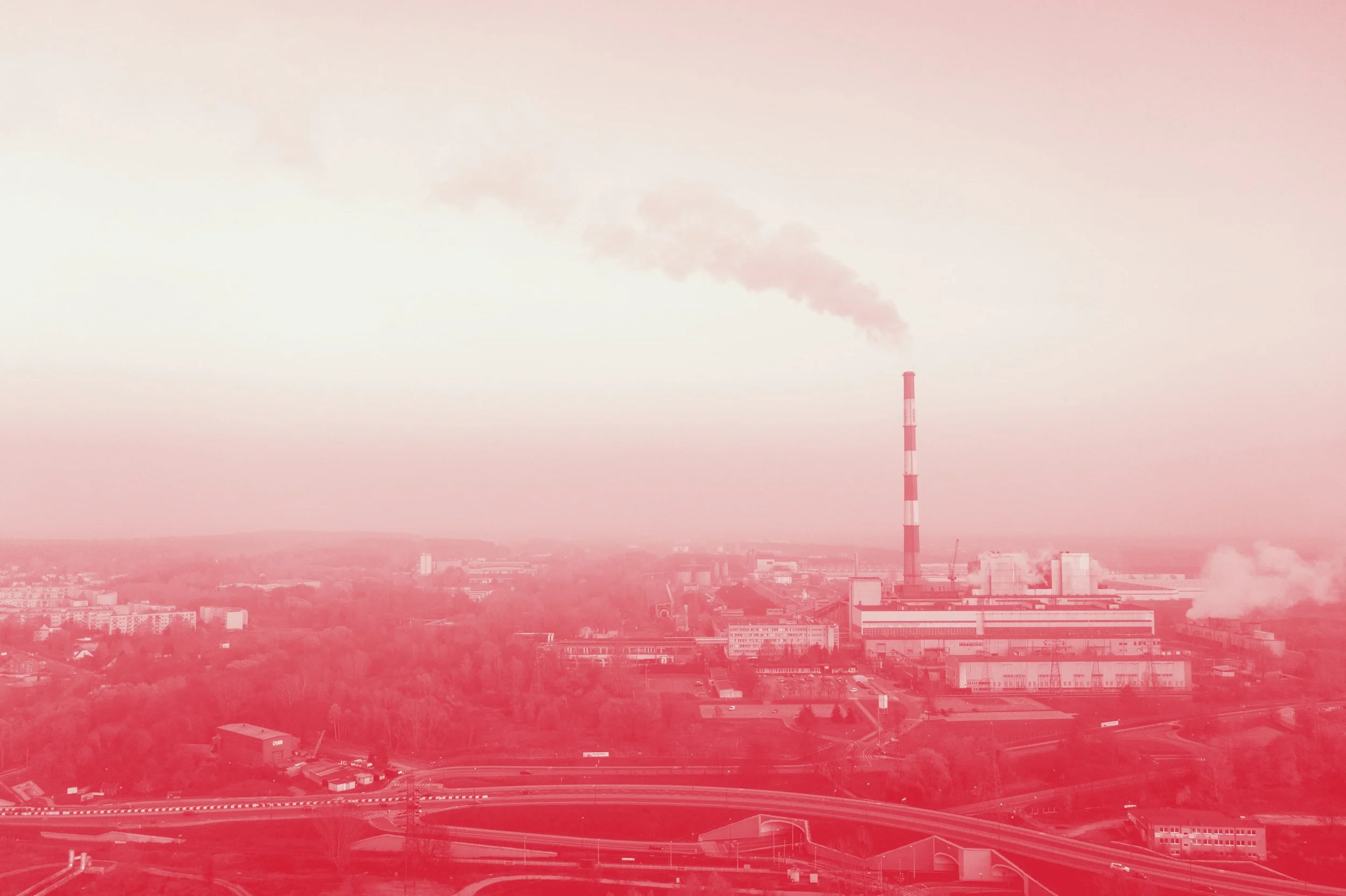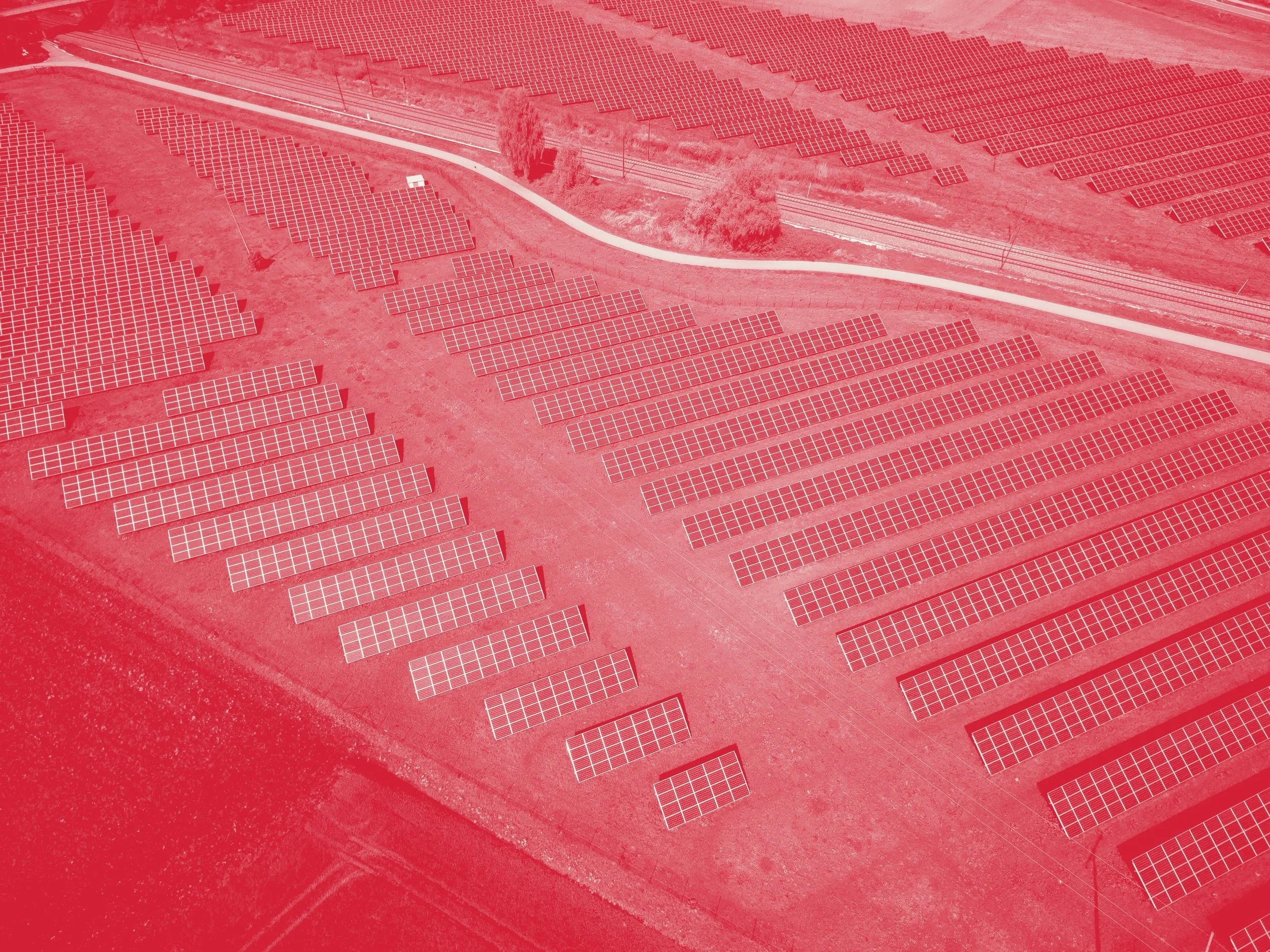
The Green New Deal Explained
The Green New Deal is a radical vision for transforming our economy rooted in the recognition that climate change is fundamentally a class issue, and a product of our broken economic system. It is a plan that recognises that economic, social and climate justice are indissoluble. That’s why our Motion goes beyond just the demand for rapid decarbonisation.
The Green New Deal calls for 9 concrete, radical changes to our current economic, social and political model. But the Green New Deal is more than just a series of demands.
The following documents lay out the justification for each element of the Green New Deal and, crucially, why each one is an equally essential pillar of a transformative plan for tackling the climate crisis by building a prosperous, socialist, and zero-carbon society.
As the world recklessly hurtles towards 2 degrees warming and beyond, the inability of political leaders to decarbonise energy systems is a failure of almost unparalleled proportions. In 2018, the IPCC released a special report highlighting that to limit warming to 1.5 degrees, a carbon budget of 420 GtCO2 remained. Since then, emissions have continued to climb. With current emissions at roughly 42 GtCO2 per year, we have a carbon budget of 294 GtCO2 remaining. A continued failure to decarbonise will result in this carbon budget being exhausted in just 7 years.
Land use and land ownership are an underlying and often overlooked driver of both social and environmental injustice in the United Kingdom. Addressing these injustices should be at the heart of any socialist Green New Deal. Working well with the land will be key to reducing and sequestering future emissions, be it through afforestation, peatland restoration or improving the sustainability and equitability of agriculture.
Achieving rapid decarbonisation requires a radical overhaul of surface transport in the UK. Due to the convenience of motorised transport, road traffic in Great Britain increased by 29% from 1990 to 2018. Despite increased fuel efficiency of vehicles, greenhouse gas emissions from road transport in the UK have increased by 6% from 1990 to 2017, with this rise in air pollution resulting in widespread impacts. The impacts of this on our health and quality of life are extreme and widespread, with the WHO deeming more than 40 UK cities unsafe due to their high levels of pollution.
Housing is also a key area in which local government can have a direct and lasting impact on the move towards net neutrality through enshrining strict and ambitious standards on the design and build quality of all new social housing. Housing Associations, as the UK’s primary providers of social housing, have a critical role to play. However, at present, only one in ten Local Authorities have a plan to ensure carbon neutrality in their socially rented homes.
A Green New Deal aims to tackle environmental degradation and economic inequality through radically overhauling the economic system. Integral to this change is democratising decision making at the local level and funding local change. One way local government and institutions can impact their local areas and economies is through a model known as Community Wealth Building.
The Committee on Climate Change estimates that agricultural production accounted for 9% of the United Kingdom’s domestic greenhouse gas emissions in 2017 and 77% of land use in 2018. This agricultural land use and associated agricultural practices are a central driver for habitat and biodiversity loss in the United Kingdom, one of the world’s most nature-depleted countries. The challenges provoked by our broken food system are enormous and systemic issues that require ambitious action on an unprecedented level: action like a Green New Deal.
Environmental issues have become a campaigning priority for The Labour Party, however there is no guarantee this will ensure social, economic, and environmental justice for workers. Environmental policymaking around employment is inherently political: on the one hand, if an environmental agenda is used to maintain the status quo then environmental policies can be portrayed as out of touch with the needs of workers and their communities.
Whilst mitigation is at the forefront of green conversations and policies, Labour must begin to prepare to adapt to a world radically altered by climate change. Climate change disproportionately affects poorer communities, both as shown through the growing number of climate refugees, as well as studies showing how poorer areas of cities can be around 10 degrees hotter than in richer parts of cities .
Housing is a key sector for reducing greenhouse gas emissions, for ensuring general health and well-being, and for improving quality of life. As part of reaching net zero carbon emissions, the UK’s housing stock will need to undergo significant upgrading, a process known as ‘retrofitting’.
Energy usage is the basis of carbon emissions. For example, heating and powering London’s buildings accounts for around three quarters of London's carbon emissions. Investments by local Government in sustainable energy generation projects can provide a pathway to net zero for the local area and the UK grid.
A Green New Deal would target road transport in order to increase accessibility of public transport by cutting the cost of fares, expanding routes and to reduce emission levels. This would reduce inequality at a regional and household level for working-class communities by providing affordable and luxurious public transport.
Labour for a Green New Deal has a bold and simple policy with respect to decarbonising our economy and society: zero carbon by 2030. But why 2030? Why zero carbon? And what does ‘zero carbon’ really mean?
The climate crisis calls for urgent decarbonisation, tackling our true carbon footprint and all sectors of the economy. We must move beyond limited progress, failed Government policy and new fossil fuel technologies.
A Green New Deal means affordable, green, truly renewables energy produced sustainably in partnership with the international community. It means moving from modest recent progress to a highly ambitious programme – with community energy at its heart.
Our green future and the enormous transformation it requires must be realised with better work and a fairer society: this means well-paid, unionised, green jobs available for all who want them.
In 2019, we produced an extensive policy report providing justifications and supporting information for our original motion to Labour Party Conference. You can read this here.















